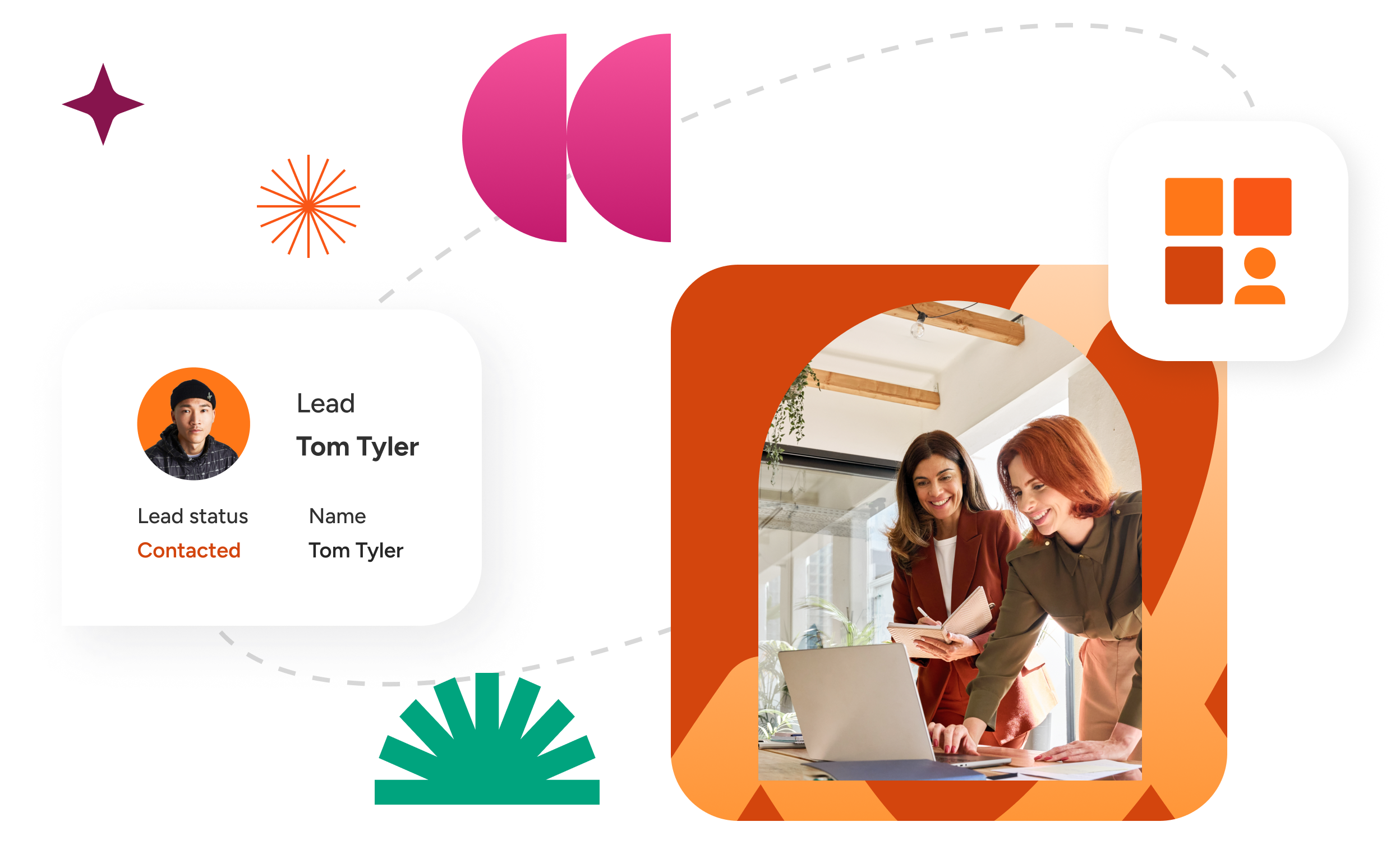At its core, a CRM is a centralized hub that stores and organizes customer data, interactions, and preferences. For a salesperson, this means having a comprehensive view of each prospect and customer in one place. This consolidated information streamlines the sales process by providing quick access to crucial details such as contact information, purchase history, and communication logs. By leveraging this data, a salesperson can personalize their approach, tailoring pitches and proposals to align with the specific needs and preferences of each client.
Lead management is a fundamental aspect of a salesperson’s role, and a CRM excels in this regard. By utilizing the CRM to track leads through the sales funnel, salespersons can prioritize their efforts based on the potential value of each prospect. Automated lead scoring features help identify the most promising opportunities, allowing sales teams to allocate resources effectively and focus on leads that are more likely to convert into customers. This targeted approach not only saves time but also increases the likelihood of closing deals.
A CRM also serves as a powerful communication tool for salespersons. Integrated email and messaging features enable seamless communication with clients directly within the CRM platform. This not only enhances efficiency but also ensures that important communication history is documented and easily accessible. Salespersons can set reminders, schedule follow-ups, and stay organized with a calendar feature, ensuring that no promising lead or crucial follow-up slips through the cracks.
Sales forecasting is another area where a CRM proves invaluable. By analyzing historical data and tracking ongoing sales activities, a salesperson can use the CRM to generate accurate forecasts and projections. This helps in setting realistic sales targets, optimizing resource allocation, and making strategic decisions to meet or exceed sales goals. The predictive analytics capabilities of modern CRMs empower salespersons to make data-driven decisions, reducing uncertainty and increasing the overall effectiveness of their sales efforts.
Collaboration is a key element in successful sales teams, and a CRM facilitates it by providing a shared platform for information exchange. Salespersons can collaborate with colleagues from various departments, such as marketing and customer support, ensuring a cohesive and synchronized approach to customer interactions. The ability to share real-time updates on customer interactions and progress on deals fosters a collaborative environment that ultimately benefits the entire organization.
In conclusion, a salesperson’s utilization of a CRM is integral to achieving success in a highly competitive market. The CRM acts as a central hub for customer data, streamlines lead management, enhances communication, facilitates sales forecasting, and promotes collaboration within the sales team and across departments. By harnessing the capabilities of a CRM, a salesperson can not only increase efficiency and productivity but also build stronger, more meaningful relationships with clients, leading to sustained sales growth and success in the ever-evolving business landscape.

